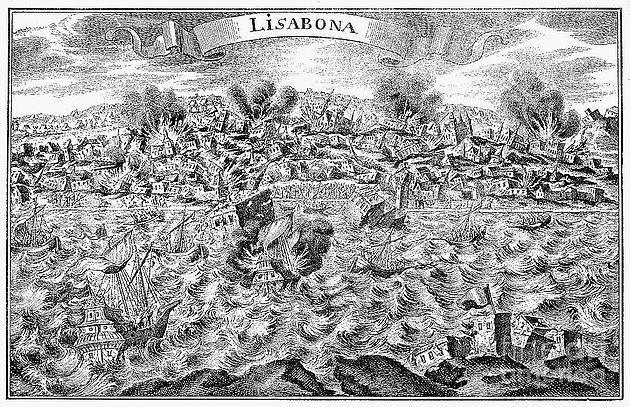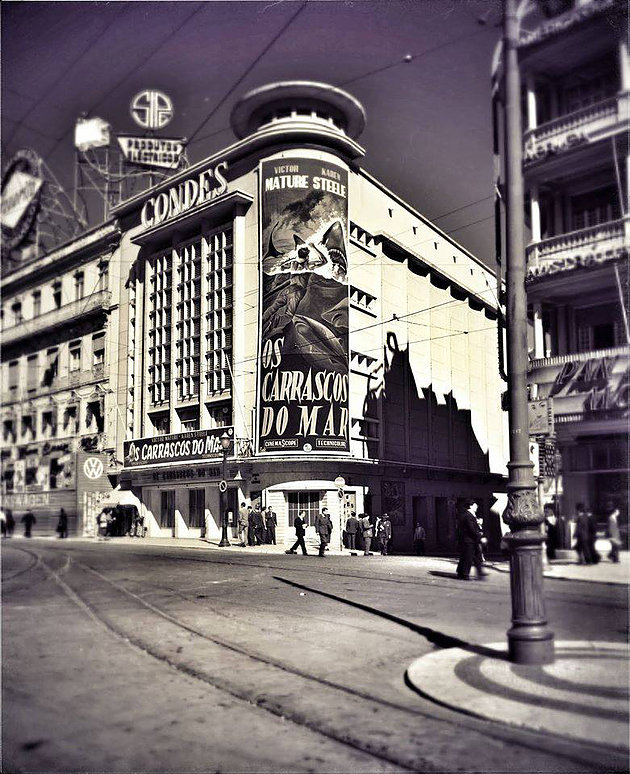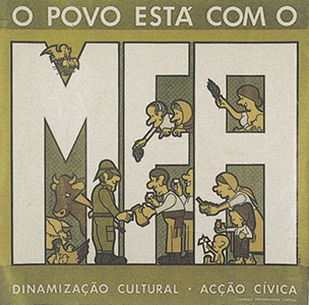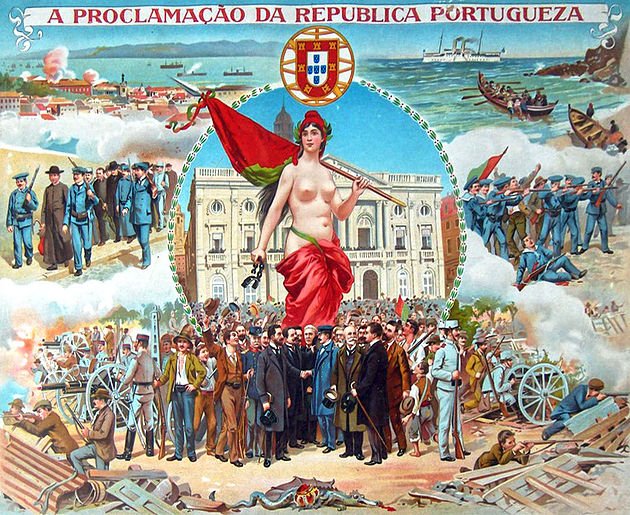
One hundred and six years ago, on the 5th of October, the Portuguese Republic was established after a coup d’état that overthrew the Bragança dynasty.
The coup was organized by elements in the Portuguese Republican Party (PRP), which had gained considerable political ground during the 19th century due to the expenses and disconnection of the royal household, as well as the perception of corruption in the political system and the power of the Catholic Church.
The “Scramble for Africa” and 19th century imperialism were also major factors that weighed heavily against the Monarchy. One of the main events in the lead up to the fall of the Monarchy was the 1890 British Ultimatum, issued by Lord Salisbury, the British Prime Minister, to Portugal. This forced Portugal’s withdrawal from areas in Southern Africa that had been claimed during the 1885 Berlin Conference under the basis of historical rights, but which had also been claimed by Great Britain on the basis of effective occupation of the territories.
Central to the clash between the two powers was the “Pink Map”. A document prepared for the Berlin Conference, which served to outline Portugal’s claim over the land corridor between the colonies of Angola and Mozambique. This claim included the whole of modern day Zimbabwe, formerly known as Rhodesia, and large parts of Zambia and Malawi.
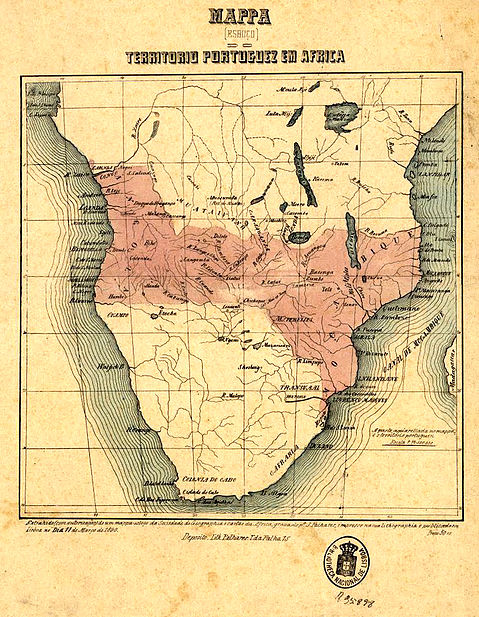
The Pink Map
Source: knoow.net
There is the common misperception in Portugal that the reason behind the Ultimatum was British aspirations to build the Cape to Cairo Railway, linking Northern and Southern Africa. However, this is unlikely, given the fact that Germany already controlled German East Africa, modern day Tanzania, and that the Sudan was under the rule of the Mahdi. The most likely reason was the role played by Cecil Rhodes, whose British South Africa Company had considerable mining interests in the region which the company vigorously protected, going as far as fighting two wars against the Ndebele Kingdom – in modern day Zimbabwe – to consolidate its presence.
Portugal was forced to accommodate Britain’s demands, and King Carlos’s acceptance of the Ultimatum was seen by the public as a national humiliation inflicted upon by the country’s oldest ally. The republicans exploited this situation and hold many street riots and even attempted to stage a coup in 1891. The Ultimatum even inspired the original lyrics to the current Portuguese National Anthem, “A Portuguesa”.
Portuguese National Anthem, “A Portuguesa”, with English subtitles
During the following 20 years, after the events of 1890, the constitutional Monarchy was increasingly undermined by the proponents of the Republic who adopted nationalistic and colonialist rhetoric that appealed to the masses that were marginalised by the political system, which was characterized by cronyism and rotation of power between the two main political parties, the Regenerator and the Progressive Party.
The boldest action the republicans took between the Ultimatum and the fall of the Monarchy was the assassination of King Carlos and his heir, Prince Luís Felipe, on the 1st of February 1908. The second son of King Carlos, Manuel II, would become Portugal’s last King. His reign lasted only two years. Yet, as many as seven different governments came and went during this period.
The Republican Party claimed that it was the only political force capable of solving the country’s problems and regain Portugal’s status as a world power and, in 1909, the party received a mandate from its members to begin an armed struggle to overthrow the Monarchy.
The following year, on the 3rd of October 2000, republican revolutionaries began an uprising in Lisbon. Even though the royalists had a numerically superior force of over 7000 men they were unable to quell the rebellion, forcing the King to flee the country and seek exile in Britain. Having secured victory, the republican forces proclaimed the Republic on the 5th of October in Lisbon’s Municipal Hall, putting an end to a line of Kings that spanned 8 centuries.
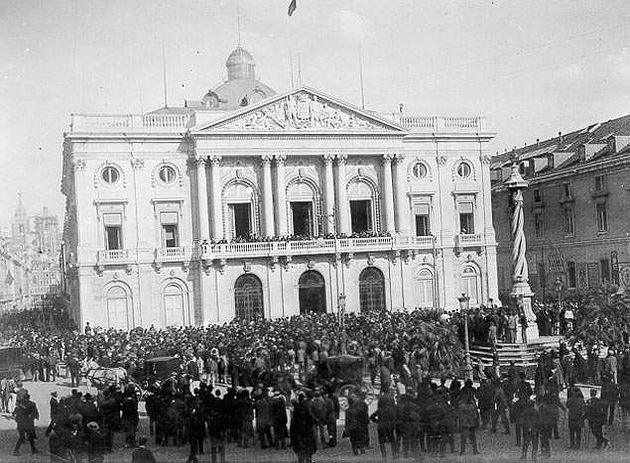
Lisbon Municipal Hall during the proclamation of the Republic.
Source: Arquivo Municipal de Lisboa
Watch this space for future posts on Portugal’s history and culture as well as current events affecting the country. And if you like this post share it with your friends on Facebook, Google + or Twitter.


